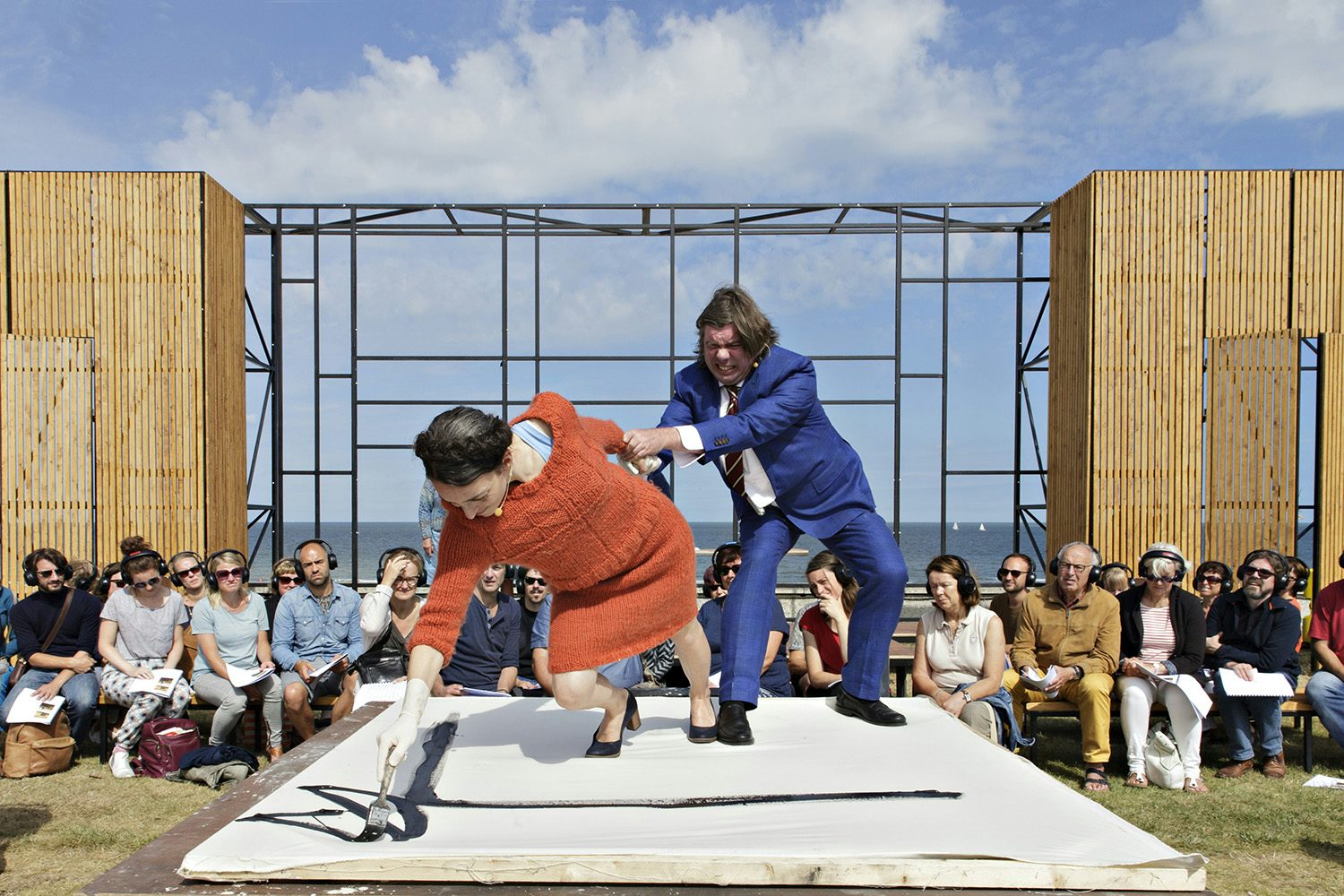Frequently Asked Question about Flanders Arts Institute
What is Flanders Arts Institute? Does Flanders Arts Institute grant subsidies? Check out our FAQ

Into The Streets - Theater Aan Zee (c) Jolien Fagard
What is Flanders Arts Institute? Does Flanders Arts Institute grant subsidies? Check out our FAQ

Into The Streets - Theater Aan Zee (c) Jolien Fagard
Here you can find all the information and documentation about working in the arts. Explore our popular guide to artists and arts organizations through the convenient subcategories.
Professionally active in the visual arts, performing arts or classical music in Flanders or Brussels? Flanders Arts Institute supports you as an individual, organization or government.